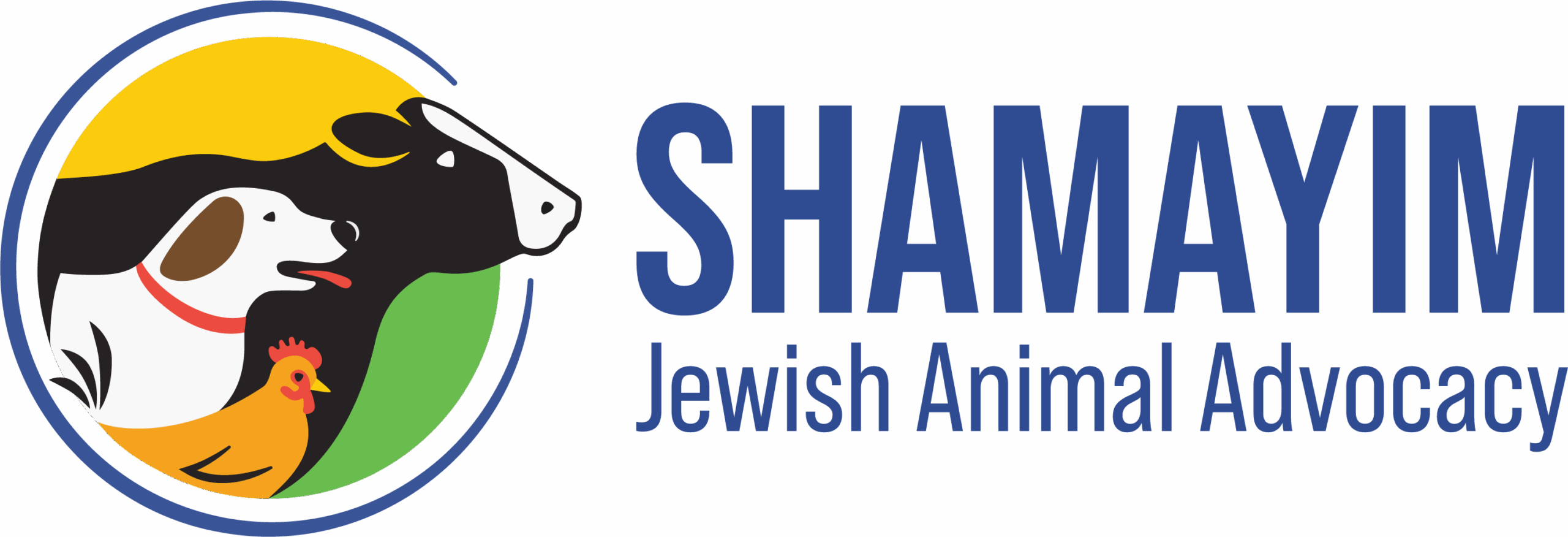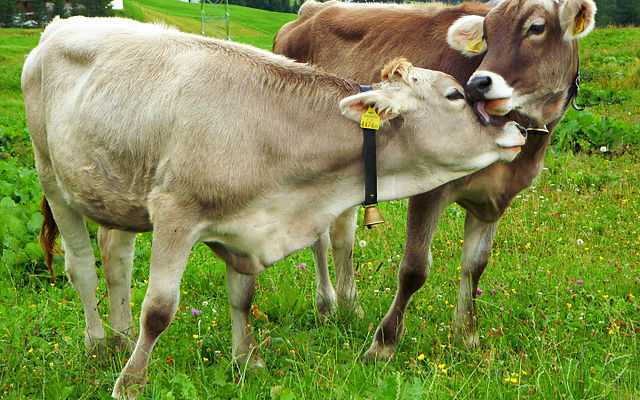August 4th, 2022
RABBI SHMULY YANKLOWITZ
Judaism demands that we clamor for and work toward the ideal version of the world, in which there is no violence, no injustice, and no suffering. One needs only to go outside or to read a newspaper to realize we’re not there yet. But there is one respect in which we can reduce animal suffering, improve our personal well-being and do less damage to the environment — simply through our own choices: by going vegan.
For a lot of us, though, becoming totally vegan is too drastic a change to feel doable or be sustainable. The good news is the work of healing the world is not an all-or-nothing endeavor. If you’re not ready to take the plunge into a fully vegan lifestyle, there are plenty of ways for you to get started down the right path.
- Reduce intake of animal products.
Supporting this cause is often not a decision a person makes all at once. In fact, it’s a decision we can make each time we eat. Every meal provides us with the opportunity to, even momentarily, embrace a plant-based lifestyle. And with the increased array of vegan options out there today, making the best choice is easier than ever.

Just as there is a vegan movement, there is a Reducetarian Movement. While only 5% of Americans are vegetarians, everyone reducing their meat consumption by half would essentially be the same as raising the number of vegetarians to 50%, multiplying the positive impact 10-fold. Getting everyone to go vegetarian will take a lot longer but can we, more quickly, get to everyone cutting their meat consumption in half?
- Wear vegan clothes.
There are all kinds of synthetic alternatives to leather shoes, leather belts and any other animal products you might want to wear. Beyond clothes, we can often make the simple decision of choosing, for example, couches and cars that do not use leather. Once we are looking for it, there are more easy chances to make humane choices than we might expect.
- Advocate for animals.
Legislation that protects — or damages — the welfare of animals is frequently in the domain of state and local politics. While that makes sweeping societal change difficult, the positive news there is that all of us can make a real difference in our own communities. See what animal issues are at stake in your area regarding slaughterhouses, puppy mills and much else. In addition to personal behavioral change, we need to create systemic changes. We can adopt animal companions from shelters instead of from breeders. We can support sanctuaries instead of zoos. We can invite restaurants to offer more plant-based options. We can call our legislators to put these issues on their radar.
- Learn more.
Watch some films, read some books, listen to podcasts. No matter where we are on this journey, we should all continue our learning. The organization SHAMAYIM: Jewish Animal Advocacy, which I founded, runs programs to educate people on how they can put each of the above steps into action.
Invite your congregation to learn more through the Synagogue Vegan Challenge or invite college students to join a Jewish animal advocacy fellowship.

SHAMAYIM: Jewish Animal Advocacy
5. Deepen your spiritual consciousness.
The most profound spiritual exercises should lead us to an increased understanding of the oneness and interconnectedness of all life. As we grow spiritually, we naturally realize that there is an imperative to act compassionately toward ourselves, toward other humans and toward all sentient beings.

“And certainly, when this noble vision is fulfilled,” wrote Rav Kook, the first Ashkenazi Chief Rabbi of pre-state Israel, “then humanity will no longer be able to in any way brandish its sword over (animal) life, but they will dwell in safety together, and savor the splendor of life.”


Leave a Reply